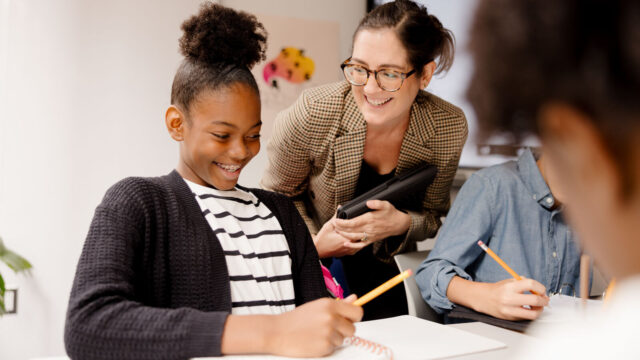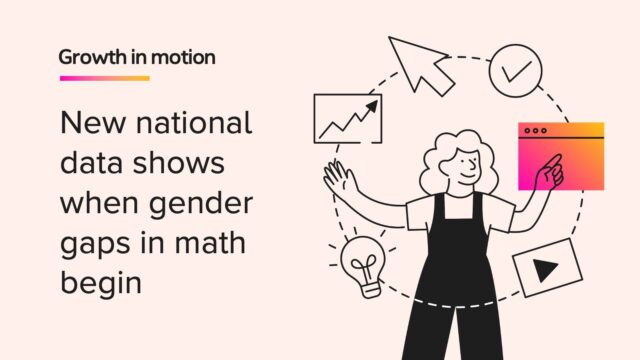
The science of reading represents more than decades of research conducted largely by reading experts and cognitive scientists on how children learn to read and develop as strategic readers. From my first position as a first-grade teacher, I was concerned about and dedicated to ensuring that all my students experienced early school success. I know that reading is the gateway to doing well in school and in life. So how do you refresh your knowledge about the science of reading or ground yourself in twenty years of research if it’s new to you?
Here are my suggestions for books that will both inform and inspire your work.
My Science of Reading Book List

1. The Science of Reading at Your Fingertips, What You Need to Know from HMH
All of us face time constraints and this is a quick read that puts the science of reading “at your fingertips.” As we know that background knowledge is important to comprehension, this guide will provide a bridge to further reading or a summary and refresher if you’ve already read deeply on this topic. And here’s the link to our science of reading ebook so you can start your learning journey right now.
2. Uncovering the Logic of English by Denise Eide
I will be forever grateful that UCLA required prospective teachers like me to take linguistics before we were allowed to take the reading methods course required to teach in California. Linguistics is defined as “The science of language including phonetics, phonology, morphology, syntax and semantics.” Understanding the “what” prepared me for learning to practice the “how” of teaching children to read. And I appreciated that I could answer all the hard questions from first graders like why is “a” at the end of Ava not short or long? I could explain all things we hadn’t studied yet. This gave them a preview of coming attractions and I used a poem adapted from a colleague to teach the schwa sound.
My name is Schwa, take a look.
You’ll find me in a dictionary book.
No long or short vowel for me.
I’m an “unstressed” a,i,o,u, or e
Just say u (short u)
You will refer to Uncovering the Logic of English many times when you want to provide clear explanations of how English works!
3. Beginning to Read: Thinking and Learning about Print by Marilyn Jager Adams
You might recall the song from The Sound of Music, “Do Re Mi, Let’s start at the very beginning. A very good place to start. When you read you begin with ABC.” This synthesis is an excellent place to start deepening your knowledge about the evidence base for how children learn to read. I frequently cite this science of reading book and the author is an amazing scholar and accessible writer.
4. Book Smart by Anne Cunningham and Jamie Zibutsky
Parents are the first audience for this book, and it makes the complexity of learning to read comprehensible to a wide audience. Our recent shared experience of all children learning remotely for a time has convinced us that the relationship between teachers and parents has been altered. With this book we have a powerful resource for explaining how children learn to read for teachers and families. I wish I had had this when I was teaching first grade. And this book has great activities that can be done at the kitchen table or in the classroom. The authors share their personal and professional experiences making this book highly relatable.
5. You Are a Reader/You Are a Writer by April Jones Prince
I feel very fortunate that personally and professionally I have a reason to read children’s books! This one is a delightful flip book, two books actually, that will inspire 6-8 year olds to read and write.
You might stumble, you might sigh. But readers practice, grow, and fly. - You Are a Reader
This helps children appreciate that it’s not easy but it offers encouragement.
I would like to offer one more book with all of you in mind:
Thank You Teacher from The Very Hungry Caterpillar, World of Eric Carle.

Thanks to all of you, a new generation of children is learning to read and loving to read. This is critical to early learning success and indeed to all future learning, doing, and being. And the science as presented in all of these books will support you as you Read, Teach, and Lead!
***
HMH core, intervention, and supplemental programs are rooted in the science of reading. Find out more about our evidence-based approach to teaching a child to read.
For support with bringing the latest evidence-based practices and skills to the classroom, watch our webinar with Dr. Nathan Clemens, The Science of Reading: Applying What We Know and Navigating What We Don’t.
Get our free Science of Reading eBook today.












